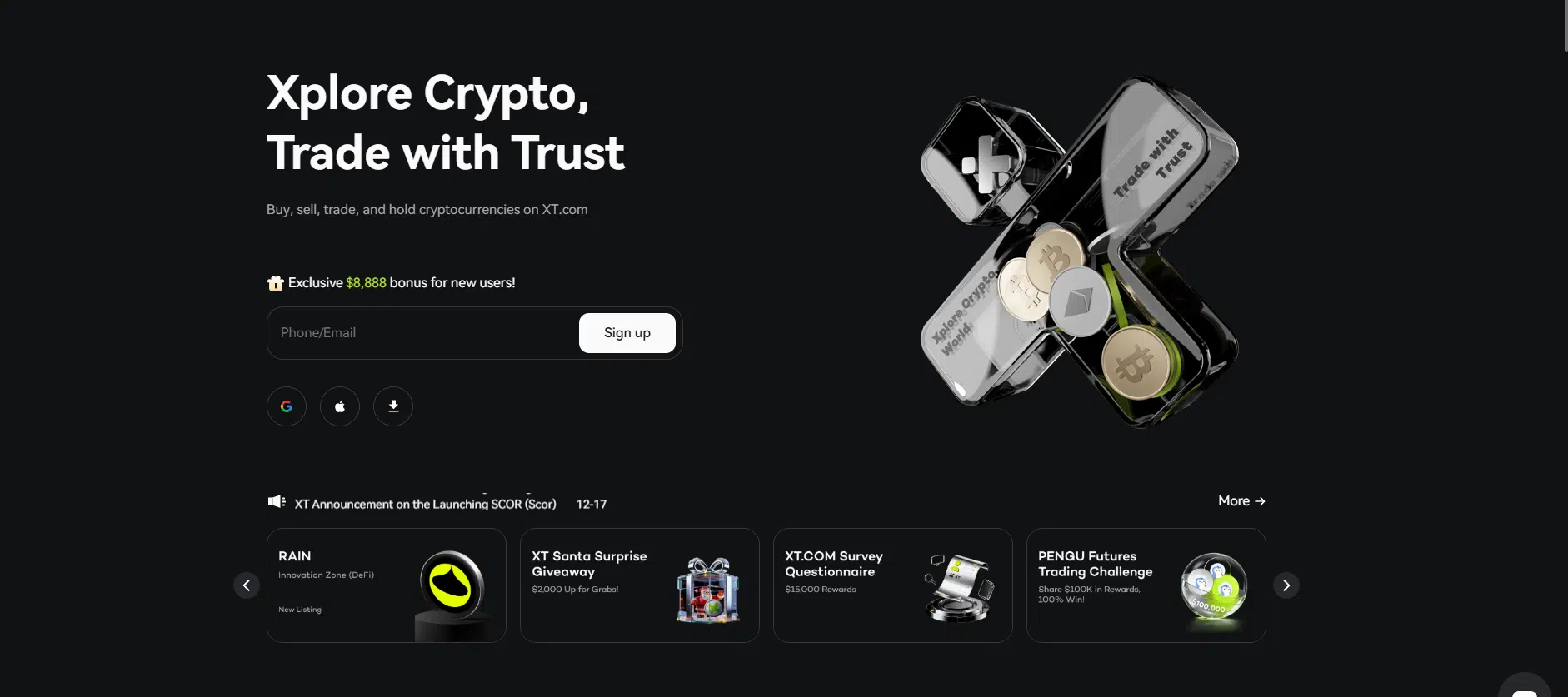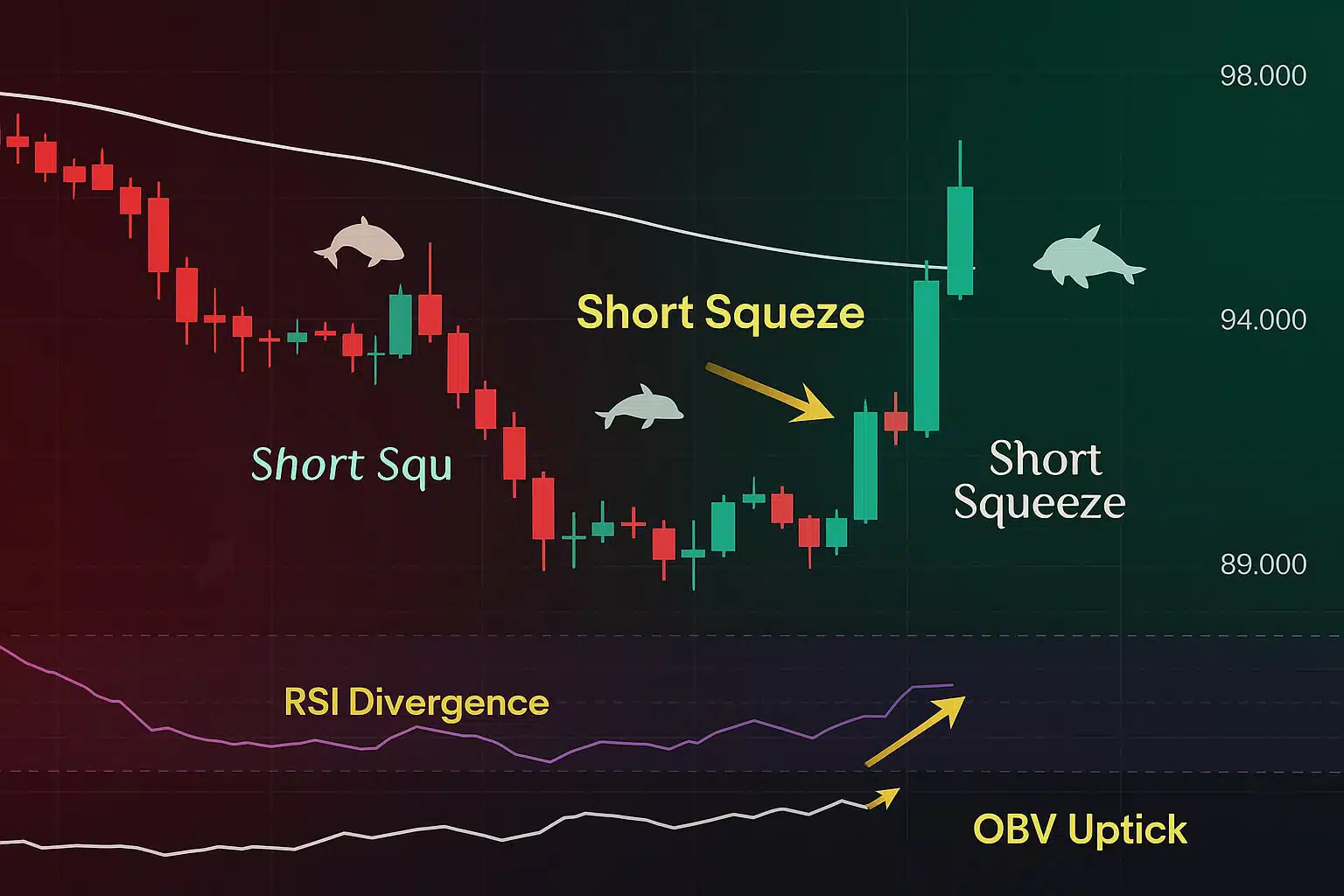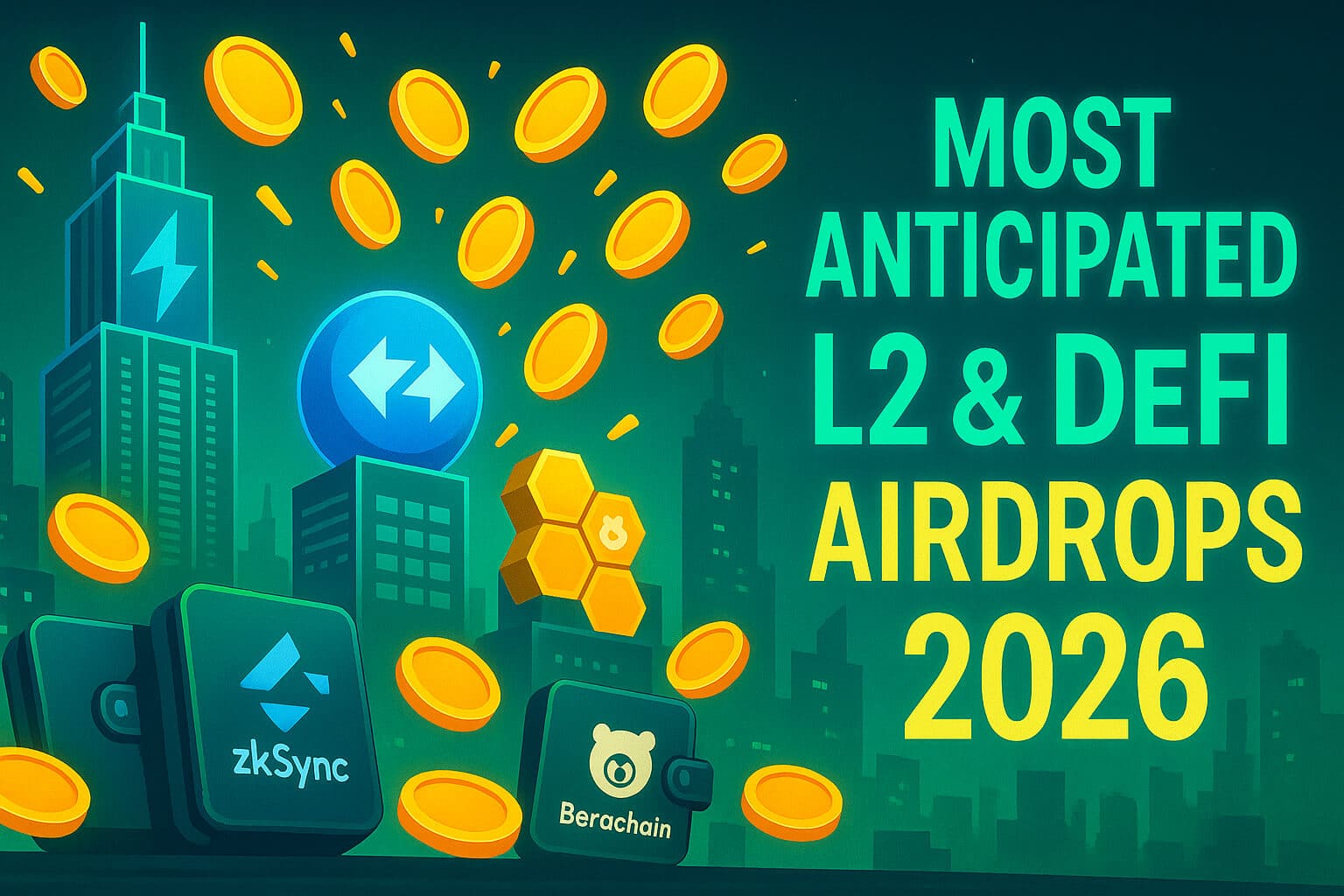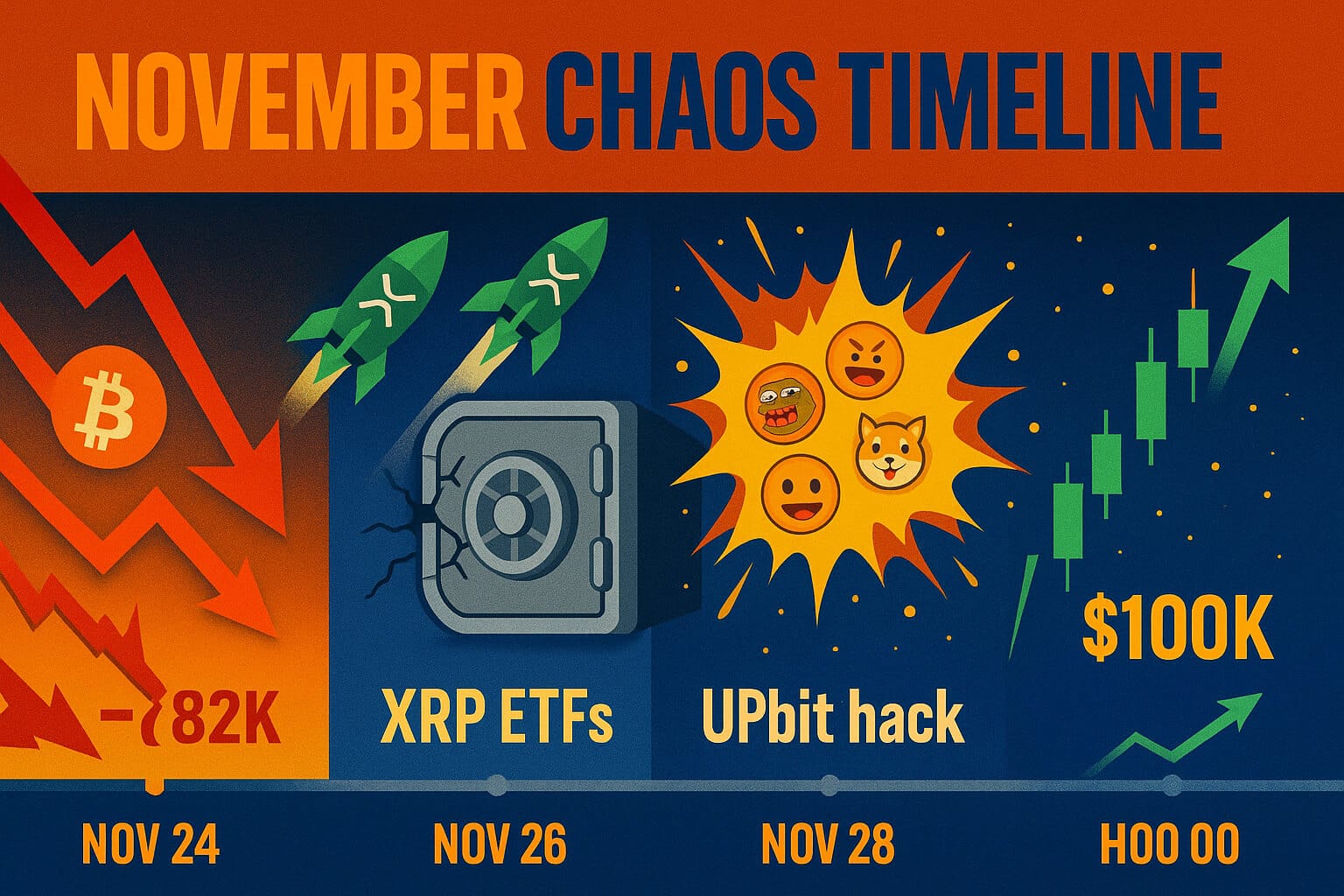In the world of cryptocurrency, airdrops are continuing to grow in popularity as a way for projects to reward early supporters and attract new users. With the rise of multi-chain blockchains, airdrop opportunities are expanding across various networks like Ethereum, Binance Smart Chain, Solana, Polygon, and more. To maximize your chances of securing valuable airdrops, you’re needing multi-chain wallets. These wallets are allowing you to participate in airdrop campaigns across different blockchain networks from one unified interface.
However, while participating in multi-chain airdrops, challenges are arising, such as avoiding your account being flagged as a spammer or sybilled (creating multiple fake accounts). In this guide, we’re covering how you’re using multi-chain wallets for airdrops safely, maximizing your rewards, and steering clear of potential pitfalls.
1. Why Use Multi-Chain Wallets for Airdrops?
As the blockchain ecosystem continues to evolve, many projects are launching on multiple networks simultaneously. This trend is leading to an increase in multi-chain airdrops, where tokens are distributed across various blockchains. If you’re relying on single-chain wallets, you might miss out on opportunities to claim tokens on networks beyond your wallet’s support.
By using a multi-chain wallet, you’re gaining several benefits:
- Accessing multiple airdrops: You’re able to participate in token distributions across multiple networks, including Ethereum, Binance Smart Chain (BSC), Polygon, Solana, and more.
- Simplifying asset management: Multi-chain wallets are allowing you to manage tokens from different blockchains in one interface, making it easier to track airdrop rewards.
- Increasing efficiency: You’re saving time by handling airdrops across networks without switching between multiple wallets.
Popular multi-chain wallets like MetaMask, Trust Wallet, and Coin98 are helping manage airdrops on multiple networks. They’re supporting many top blockchains and integrating with decentralized applications (dApps), making it easy to connect and qualify for airdrops.
2. How to Set Up a Multi-Chain Wallet for Airdrops
Before diving into multi-chain airdrops, you’re needing to set up a wallet that supports various blockchains. Let’s walk through the steps for setting up MetaMask, one of the most popular multi-chain wallets:
Step-by-Step MetaMask Setup:
- Downloading MetaMask: You’re visiting the official MetaMask website or your app store to download the browser extension or mobile app.
- Creating a new wallet: You’re following the prompts to set up a new wallet and securely storing your seed phrase.
- Adding networks: By default, MetaMask connects to Ethereum. You’re needing to manually add other networks like Binance Smart Chain (BSC) or Polygon by going to the settings and inputting the network details.
- Funding your wallet: You’re needing some native tokens (like ETH or BNB) in your wallet to cover gas fees when claiming airdrops.
Why MetaMask for Multi-Chain Airdrops?
MetaMask supports a wide range of networks, including Ethereum, Binance Smart Chain, Avalanche, and Polygon, which is making it ideal for multi-chain airdrop participation. It’s also widely integrated with dApps, which are often facilitating airdrop claims.
Alternatively, you’re also using Trust Wallet or Coin98 for broader blockchain support, including Solana and other layer-2 solutions.
3. Participating in Multi-Chain Airdrops
Now that your multi-chain wallet is ready, you’re starting to look for airdrop opportunities across different networks. Projects are often using social media platforms, community forums, and websites like FreeCoins24 and AirdropAlert to announce airdrop campaigns. Here’s how you’re maximizing your chances of receiving valuable tokens.
Tips for Multi-Chain Airdrop Participation:
- Following project announcements: You’re keeping an eye on Twitter, Telegram, and Reddit for airdrop announcements. Many projects require early engagement, such as interacting with their dApps or holding tokens before the airdrop snapshot.
- Engaging with decentralized applications (dApps): Many airdrops target users who are interacting with specific dApps on Ethereum, BSC, or Polygon. By using DeFi platforms like Uniswap, SushiSwap, or Aave, you’re making yourself eligible for future airdrops.
- Watching for testnet airdrops: You’re looking for new projects that are testing on multiple chains and participating early to increase your chances of qualifying for testnet rewards.
By diversifying your participation across networks, you’re increasing the likelihood of qualifying for valuable airdrops.
4. Avoiding Account Flagging and Sybil Attacks
One of the biggest risks in multi-chain airdrop participation is getting flagged as a spammer or engaging in Sybil attacks (creating multiple fake accounts). Projects are constantly monitoring for suspicious activity, and wallets flagged as spammers or bots are being excluded from airdrop rewards.
How You’re Avoiding Being Flagged or Red Listed:
- Using a single account: You’re sticking to one primary wallet for airdrop participation. Creating multiple accounts to try and claim additional tokens is considered a Sybil attack and will likely get you blacklisted.
- Maintaining consistent activity: You’re ensuring that your wallet shows genuine activity across multiple networks, such as trading, staking, or using dApps. Accounts that only engage with a project right before an airdrop are often flagged.
- Avoiding suspicious airdrop tools: You’re steering clear of automated airdrop farming tools that claim to maximize your rewards. These tools often trigger red flags and can get your account flagged as a spammer.
Tip: Engage with Communities
By joining project communities on Discord or Telegram and participating in discussions, you’re also helping legitimize your activity. Many projects prioritize community engagement when selecting users for airdrops.

5. Protecting Your Wallet During Airdrop Claims
When you’re participating in airdrops, prioritizing security is crucial to protecting your funds and private information. Scammers are often targeting airdrop participants through phishing links, fake websites, and fraudulent token distributions.
Best Practices for Wallet Security:
- Double-checking URLs: You’re only claiming airdrops from official project websites or trusted platforms like CoinMarketCap, CoinGecko, or AirdropAlert.
- Never sharing your private keys: No legitimate airdrop will ever ask for your private keys or seed phrase. Sharing these will result in your funds being stolen.
- Beware of phishing tokens: Scammers are sometimes sending fake tokens to your wallet that appear to be part of an airdrop. Interacting with these tokens can compromise your wallet. You’re always verifying the authenticity of a token before interacting with it.
By taking these security precautions, you’re safely participating in multi-chain airdrops without risking your funds.
Conclusion
When you’re using multi-chain wallets to participate in airdrops across multiple blockchain networks, it opens up new opportunities for earning tokens from exciting projects. Wallets like MetaMask, Trust Wallet, and Coin98 simplify the process by allowing you to access multiple networks in a single interface.
However, to ensure your account isn’t flagged or excluded, it’s essential to avoid spamming or creating multiple accounts. Engaging genuinely with projects, maintaining security, and using multi-chain wallets effectively helps you maximize your airdrop rewards while staying safe.
For more detailed guides on airdrop campaigns, you can visit our Airdrop Strategy Guides.
Stay Updated
For the latest airdrop opportunities and wallet security tips, follow us on:
Stay informed with the latest crypto insights at FreeCoins24.io.
Special Offer
Ready to trade tokens you’ve earned from airdrops? Sign up on Bybit today and enjoy up to $30,000 in deposit bonuses. You’re able to trade confidently on one of the world’s leading crypto platforms.

















